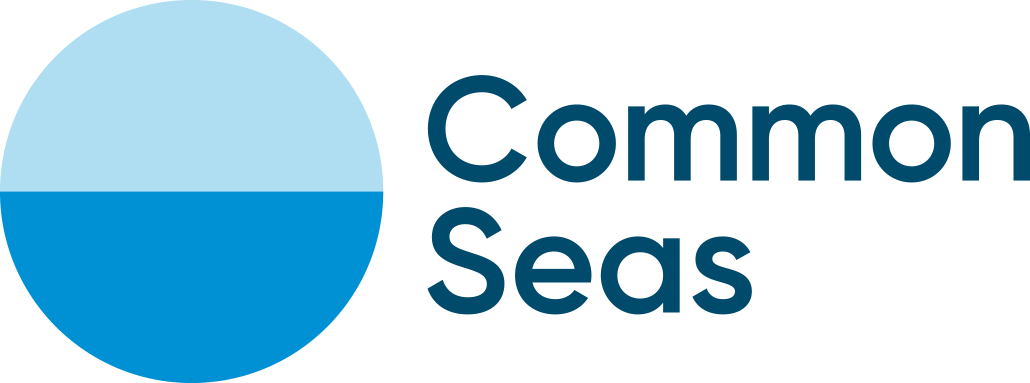Microplastics (MPs), along with the chemicals they release, are pervasive and persistent contaminants in ecosystems worldwide. Increasingly, MPs are also being detected throughout the human body.
Scientists are actively investigating the pathways through which MPs enter the body and, more importantly, their potential impacts on human health. This half-day roundtable, hosted by Nature Conferences, will convene leaders in MP research to discuss these challenges, explore how to tackle them, and how researchers from different disciplines can all contribute to solving potentially one of the greatest environmental challenges of our time.
Event details
Speakers

Zoltan Fehervari
Nature
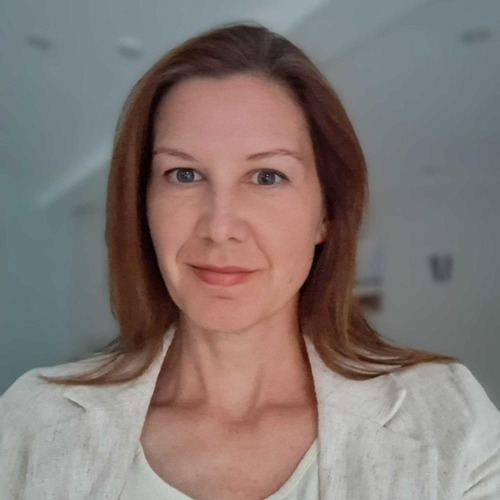
Dr. Charlotte Davies
Common Seas
Dr Charlotte Davies is the Executive Director of Common Seas, where she leads global efforts to tackle plastic pollution through policy innovation, strategic partnerships, and systems change - particularly focusing on plastic’s impacts on human health and coastal countries.
With over two decades of experience spanning environmental conservation, finance, and nonprofit leadership, Charlotte’s career includes senior roles in the Marine Biological Association and Ocean Conservation Trust, alongside other funding organisations and charitable and educational trusts. Charlotte brings a blend of operational expertise and mission-driven vision to her work.
Living by the sea and often found on or around the water, Charlotte is a passionate advocate for the marine environment. She is a Chartered Accountant and holds a Doctorate in Biochemistry from Oxford University. Her current work is driven by a desire to understand and address the scientific mechanisms behind plastic’s impact on ecosystems, the economy and human health. As the leader of Common Seas, she champions evidence-based, scalable solutions for a more just and sustainable future.
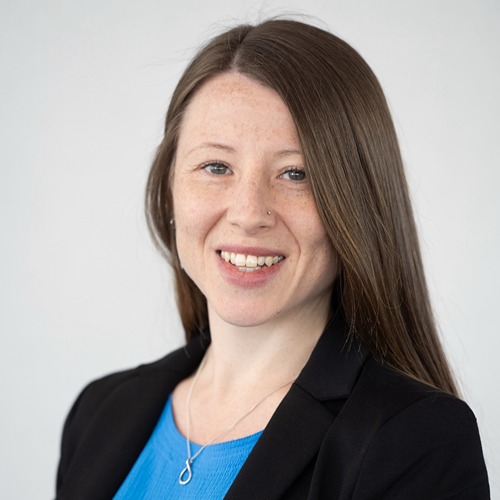
Winnie Cortene-Jones
Bangor University
Winnie is a marine environmental scientist with over a decade of experience researching the sources, effects, and solutions to plastic pollution.
Winnie is a Lecturer in Marine Pollution at Bangor University and holds an Honorary Associate Research role at the University of Plymouth. She has led research into the global land-sea releases and movement of plastics, and the environmental degradation and impacts of biodegradable and bio-based plastics across terrestrial and marine environments. Her interdisciplinary work has furthered understanding of the risks of plastic pollution in a changing world and informs effective solutions.
Since 2021, Winnie has actively participated in and supported the development of the UN Global Plastics Treaty. She has attended several of the Intergovernmental Negotiating Committee sessions, and she leads working groups focused on core issues for the Scientists’ Coalition for an Effective Plastics Treaty. Winnie has authored numerous peer-reviewed publications, policy briefs, and technical reports, and has spoken around the world at conferences, parliamentary meetings, and at the United Nations, as well as regularly featuring on TV, radio, podcasts, and in print articles.

Thilo Hofmann
University of Vienna
Thilo Hofmann is Professor and Chair of Environmental Geosciences at the Centre for Microbiology and Environmental Systems Sciences (CeMESS), University of Vienna. His research investigates the dynamics, fate, and transformations of organic and inorganic pollutants, including plastics and nanoparticles, and develops strategies for their remediation. Current projects address “forever chemicals” such as PFAS, plastic pollution including tyre wear particles, plastic additives of concern, the impact of chemicals on the human microbiome, nanoparticles emissions from break-wear, and high-resolution mass spectrometry and transformation processes.
He directs the University of Vienna’s Environmental and Climate Research Hub, which brings together over 70 research groups across the natural sciences, social sciences, humanities, law, and economics to address holistically today’s pressing environmental challenges. Thilo is a Highly Cited researcher in the category Environment and Ecology, has published +260 papers. He holds adjunct and guest professorships at Duke University (USA) and Nankai University, Tianjin (China).
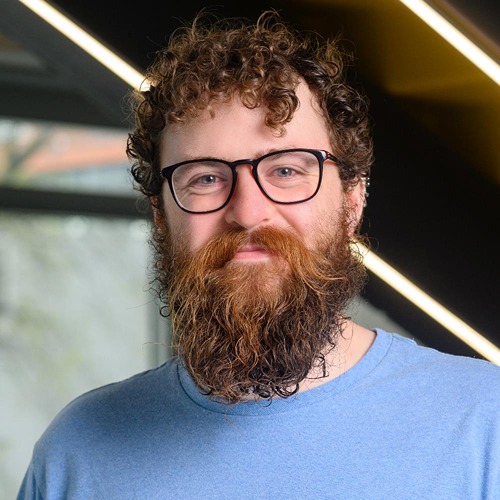
Ciaran Lahive
University of Manchester
The focus of Ciaran's current research at the University of Manchester is on developing analytically underpinned solutions to the sustainability challenges facing the modern world. He currently leads research across a broad range of sustainability-themed areas, including mechanical and chemical recycling, as well as the intersectoral transitions of polymer materials, with the aim of achieving systems-level sustainability for plastics across various sectors, including the automotive and healthcare sectors.
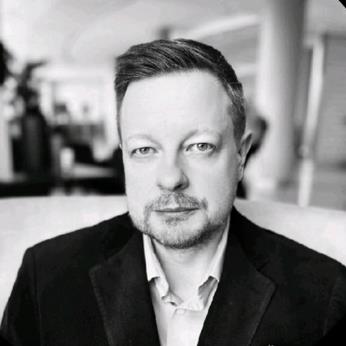
Tom McKinnon
Imperial College
Dr Tom McKinnon is Associate Professor of Thrombosis and Haemostasis at Imperial College London. He obtained a first-class degree in Biomedical Science from the University of Portsmouth and then his PhD in molecular haemostasis from Imperial College London.
Tom has over 20 years of research experience working on the biochemical and cellular basis of thrombosis and haemostasis. A particular research focus has been the structure and function of the blood coagulation protein Von Willebrand Factor. His research group investigates abnormalities and factors that lead to both bleeding and thrombotic disorders and are developing novel agents to treat both bleeding and thrombosis.
His group used a range of techniques, including DNA cloning, mutagenesis, protein expression and purification and biochemical assays of protein function and interactions. Additionally, the group uses microfluidics to probe blood coagulation, platelet function and thrombosis in vitro and have an optimised system to culture endothelial cells under shear stress conditions.
A recent avenue of research for the McKinnon lab has been the impact of microplastics on the cardiovascular system with particular reference to how microplastics may increase the risk of endothelial damage and subsequent aberrant thrombosis.
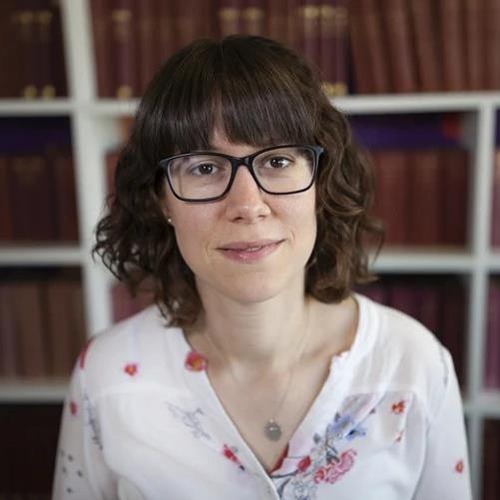
Claire Hansell
Nature

